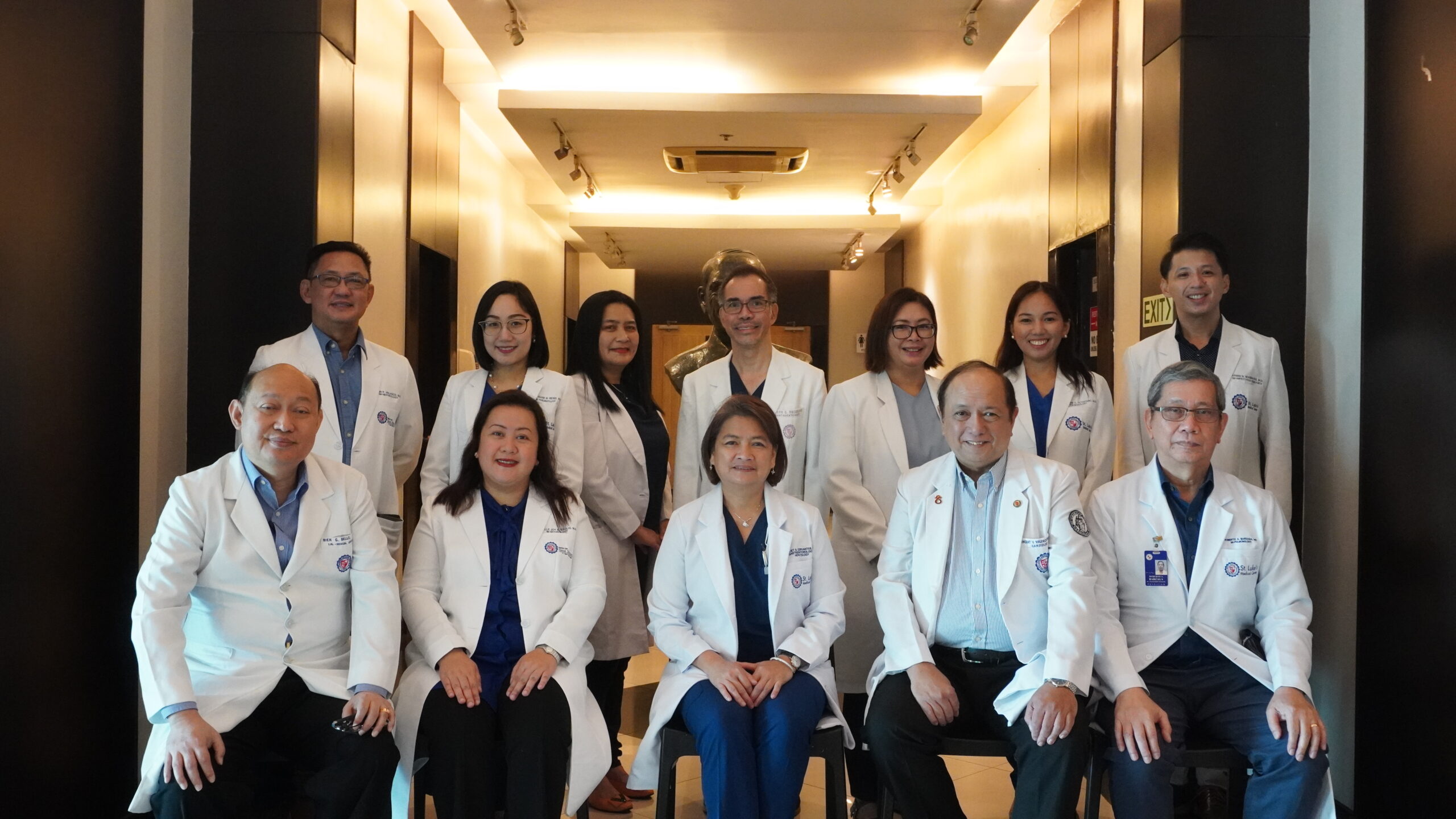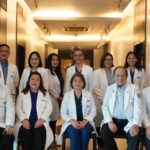Medicine
The Department of Medicine is composed of a roster of highly respected general internists and specialists. Beyond didactic sessions, the faculty facilitates various innovative learning strategies such as small group discussions, case-based learnings, and task trainer sessions. Aside from actual patient encounters, the students’ learning is supplemented with the use of digital/electronic patients or cases. These digital patients can be used to supplement the students’ learning. The importance of communication, thoroughness in obtaining a comprehensive history and physical exam, and integration of concepts to formulate a sound clinical impression and differential diagnoses are emphasized throughout medical school. These core skills aim to complement the principles obtained from the other basic and clinical sciences.
The journey of the medical student, as he advances through training, continues to refine these clinical skills. Sound principles of science are applied in the care of patients ranging from prevention of disease in healthy individuals to managing patients with complex diseases that require effective cooperation with other members of the medical team. With the many advancements in medicine, the medical student is introduced to the principles of medical research and encouraged to apply evidence-based medicine in clinical decision making.
The medical student will inevitably assume an important role in the society he is to care for. The career opportunities are endless, from a primary care physician serving as the steward in a community, a specialist excelling in his chosen field, an academician nurturing young minds, or a researcher looking for the latest cure. Regardless of his choice, inquisitiveness and empathy are key attributes that the Department of Medicine aspires to instill in every medical student.



